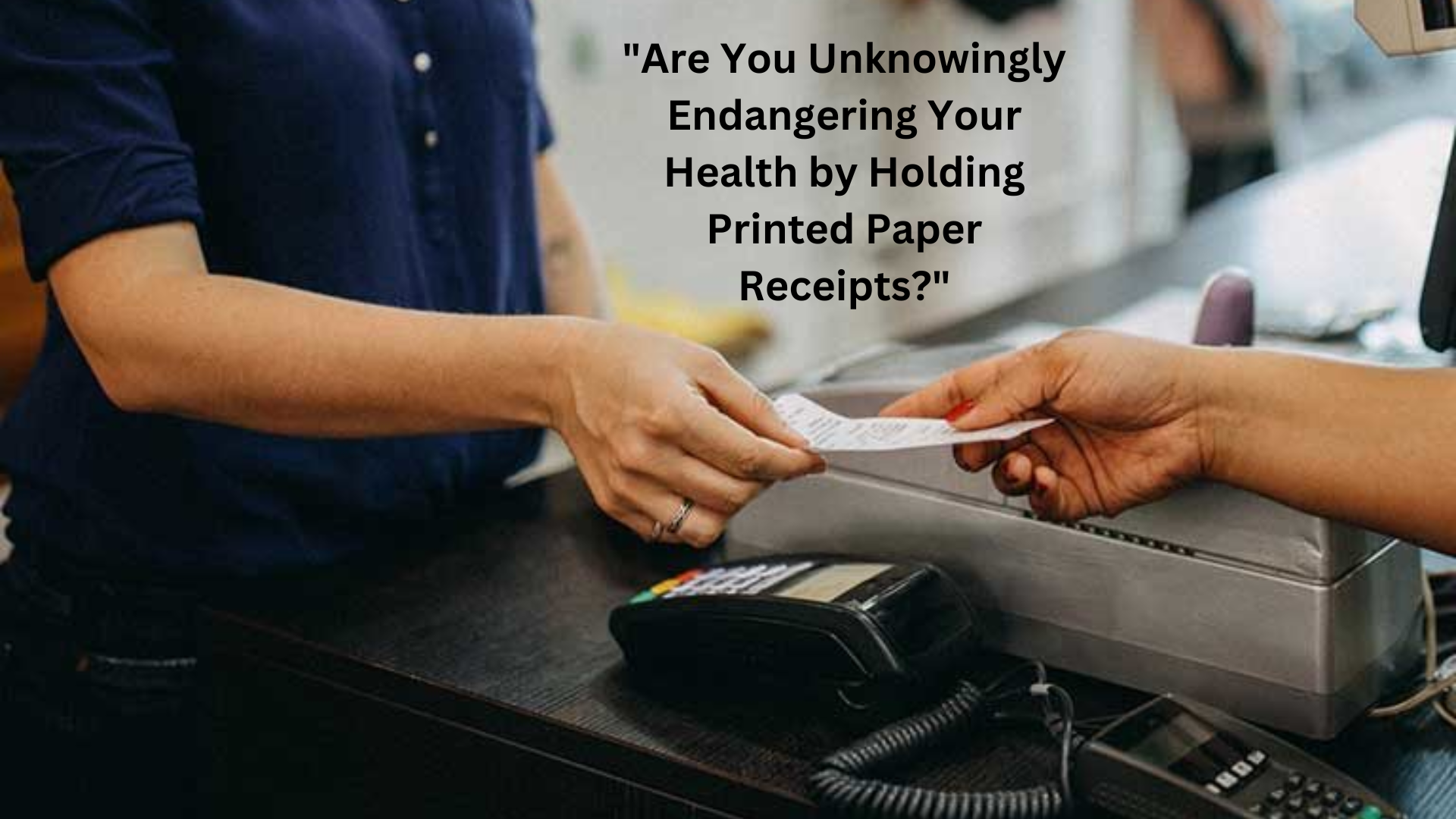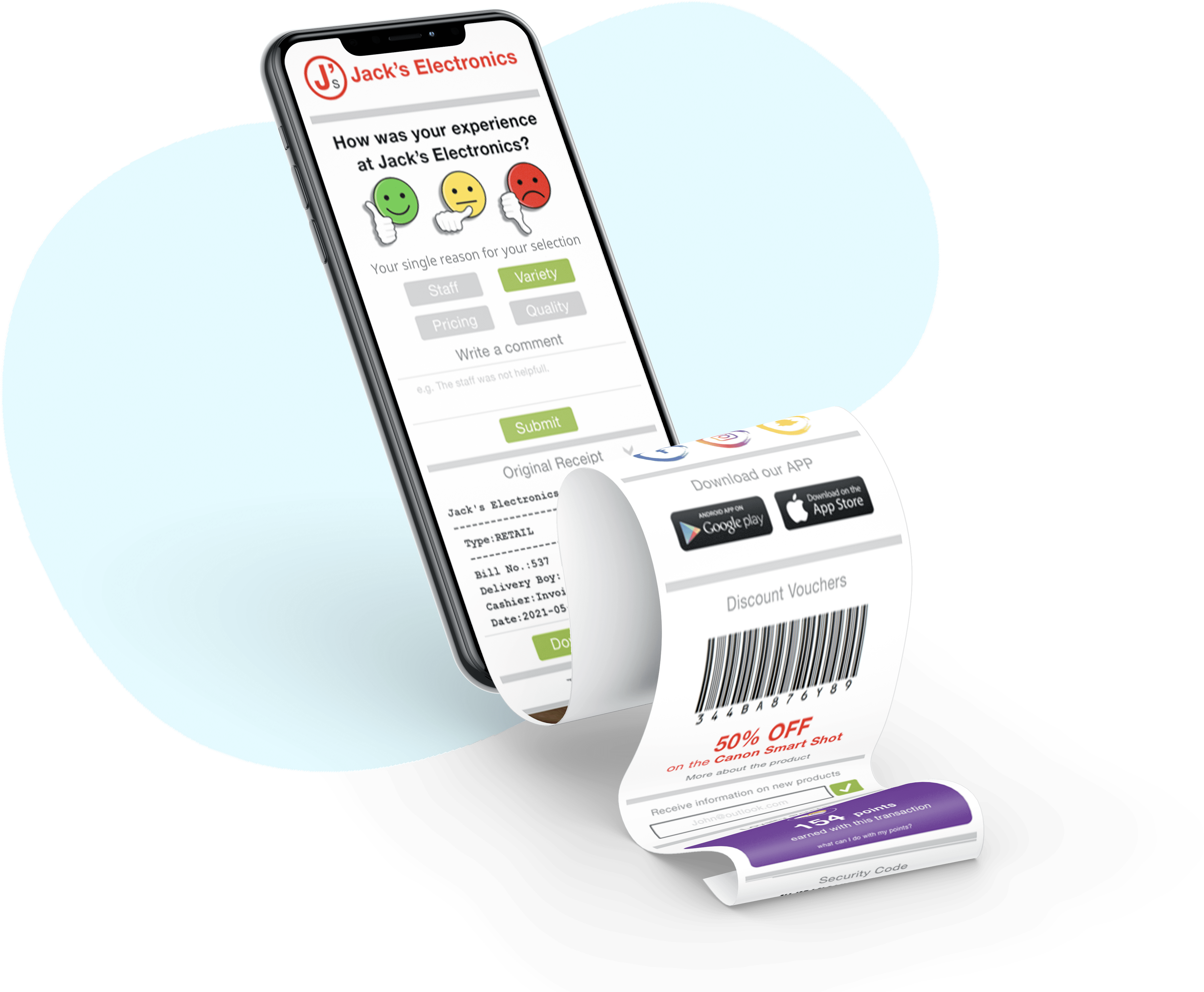In a world where even the smallest actions can have unforeseen consequences, the seemingly innocuous act of taking a paper receipt after dining or shopping hides a darker truth. What appears as a routine transaction holds hidden dangers, lurking beneath the surface of those unassuming slips of paper. Amidst the hustle and bustle of daily life, the simple act of accepting a receipt may unwittingly invite risk into our lives.

Exploring the Risks Associated with Thermal Paper Receipts
Have you ever paused to ponder the potential hazards posed by the innocuous paper receipt you receive after a transaction at a café or store? Surprisingly, these seemingly inconsequential slips of thermal paper may harbor significant health risks, primarily attributed to the presence of phenols in their surface coating. Thermal paper, a common receipt material, often contains chemicals such as bisphenol A (BPA) and bisphenol S (BPS) in an unbounded form, making them easily absorbable through skin contact.
Studies suggest that even brief contact with thermal paper can lead to elevated levels of BPA in the bloodstream. This poses particular concerns for individuals who regularly handle these receipts, such as cashiers, who may experience heightened exposure to these chemicals. Alarmingly, pregnant women working in roles that involve frequent contact with these receipts may unknowingly subject their unborn children to increased risks.
Exposure to BPA and BPS has been linked to various health issues, including reproductive and developmental abnormalities, cancer, and cardiovascular diseases. Of particular concern are individuals who habitually put receipts in their mouths, as direct ingestion of these chemicals could result in more immediate health consequences.
Given these findings, it is crucial to raise awareness about the potential risks associated with thermal paper receipts. Understanding the hazards posed by these everyday items empowers individuals to take proactive steps to minimize exposure and safeguard their health.
Health Concerns:
BPA, a well-known hormone-disrupting chemical, has been associated with numerous adverse health effects, ranging from reproductive abnormalities to increased cancer susceptibility. Despite efforts to phase out BPA, it remains prevalent in consumer products, with over 90% of individuals in the U.S. exhibiting traces of the chemical in their bodies. Its substitute, BPS, while intended to be safer, has been found to share similar harmful effects. Thermal paper receipts, coated with these chemicals, can transfer them onto the skin, potentially entering the bloodstream and posing health risks, especially for individuals handling multiple receipts daily.
Environmental Impact:
Despite their modest size, paper receipts significantly contribute to environmental degradation. The annual production of paper receipts consumes substantial resources, including millions of trees, gallons of oil and water, and generates significant waste and CO2 emissions. Disposal of paper receipts, often hindered by their chemical coatings, further compounds environmental concerns by contaminating recyclable paper products. The pervasive presence of paper receipts exacerbates waste accumulation, jeopardizing precious ecosystems and exacerbating climate change.
What You Can Do:.
1. Digital Receipts: Many retailers and businesses now offer the option to receive receipts digitally via email or text message. This eliminates the need for paper receipts altogether, reducing exposure to harmful chemicals.
2. Mobile Wallets: Utilizing mobile payment apps such as Apple Pay, Google Pay, or Samsung Pay allows for seamless transactions without the need for physical receipts. These apps often provide digital records of transactions for easy reference.
3. POS Systems with Email Receipts: Some point-of-sale (POS) systems allow businesses to send receipts directly to customers via email. This option provides a convenient and eco-friendly alternative to paper receipts.
4. QR Code Receipts: Implementing QR code technology allows customers to scan a code at the point of sale to receive a digital copy of their receipt. This approach reduces paper usage and minimizes exposure to harmful chemicals.
5. Self-Service Kiosks: Self-service kiosks in retail stores or restaurants can offer customers the choice to receive digital receipts instead of paper ones. This option empowers individuals to opt for a safer and more environmentally friendly receipt option.
After handling paper receipts, practice thorough handwashing to reduce potential chemical exposure.
By adopting these proactive measures to reduce reliance on paper receipts, individuals can contribute to both personal well-being and environmental conservation efforts.

























